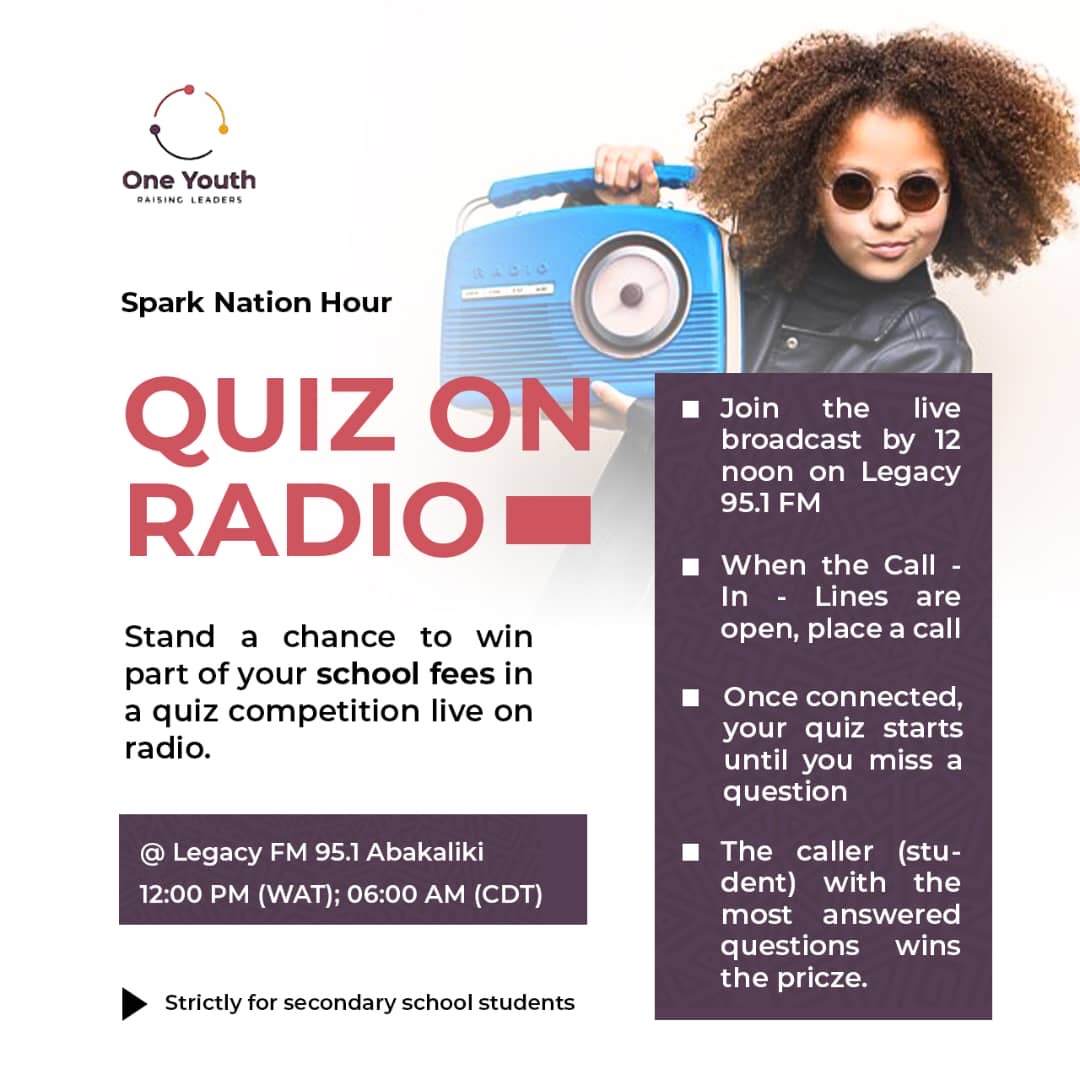The Ebonyi State Agency for the Control of AIDS (EBOSACA) has identified Abakaliki, Edda (Afikpo South) and Ohaozara local government areas as the LGAs with the highest HIV prevalence in the state. The Executive Secretary of EBOSACA, Prince Andrew Iteshi, disclosed this during the flag-off of the Local Government Sensitisation Tour and free medical outreach held at the Ezza North LGA Headquarters as part of activities leading up to the 2025 World AIDS Day.
Iteshi explained that Ebonyi State currently has an estimated 18,000 people living with HIV, prompting the agency to intensify door-to-door HIV testing and community sensitisation across all thirteen LGAs. He referenced the 2018 National AIDS Indicator and Impact Survey (NAIIS), which placed the state’s prevalence at 0.8 per cent, representing about 16,300 cases, and confirmed that 94–95 per cent of these individuals—over 15,600—have already been identified and placed on treatment. He added that urban communities, especially Abakaliki, tend to record higher HIV burdens than rural areas.
According to the updated data presented, Abakaliki LGA currently has the highest burden with 1.2 per cent prevalence, followed by Afikpo North at about 1.0 per cent, and Edda and Ohaozara at 0.9 per cent each, while LGAs like Izzi and Ikwo also show notable figures. He noted that although new cases are still detected through daily testing, the agency is steadily closing the gap through expanded outreach and public engagement.
Iteshi said the sensitisation tour aims to involve traditional leaders, political representatives, youth groups, women organisations, and security agencies in strengthening community awareness. Through partnerships with government and donor agencies, EBOSACA is offering free medical services, HIV testing and counselling, and continued access to free treatment across all designated ART centres. He also announced the introduction of injectable PrEP, taken once every two months, which provides longer protection for individuals at higher risk of HIV exposure. Free condoms, sterile needles and other harm-reduction tools for people who inject drugs are also being provided.
He further revealed that professionals such as barbers, hairdressers and beauty workers are being trained on proper sterilisation methods to reduce HIV transmission through sharp objects. While acknowledging the progress made, Iteshi pointed out that many residents still hesitate to take an HIV test due to fear or misinformation. He encouraged Ebonyi residents to embrace regular testing—at least once every three months—and take advantage of the free services available in health facilities across the state.
Stay updated with Ebonyi News Network for real-time reports, in-depth analysis, and exclusive coverage of policies shaping Ebonyi State.

